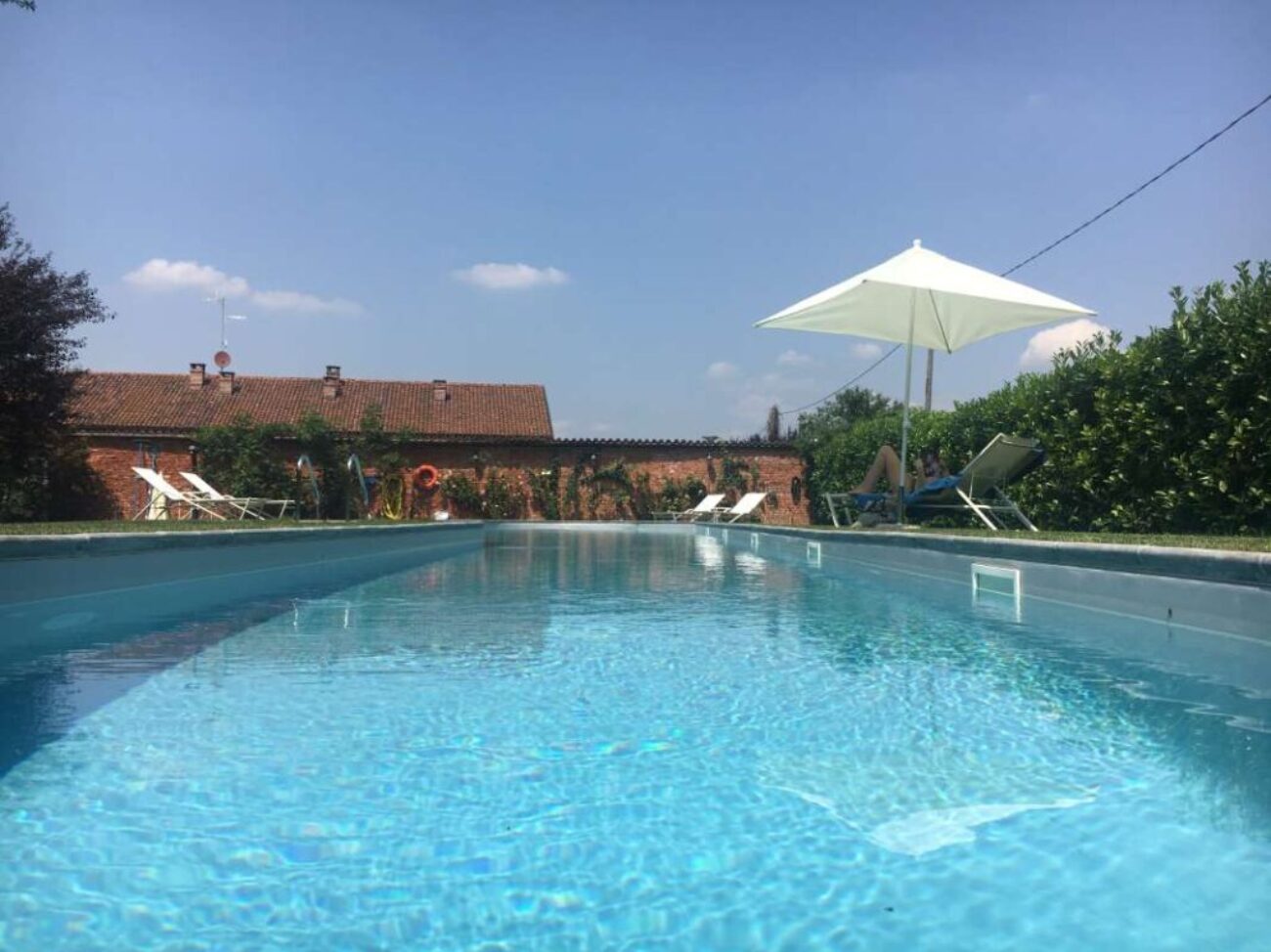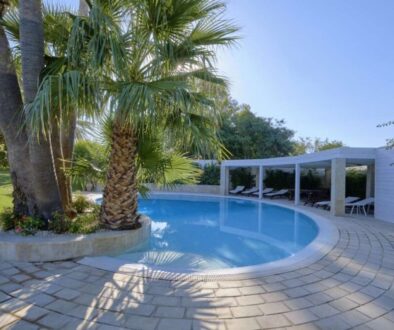Discover the ongoing costs involved in a pool route business, from maintenance to operational expenses, and how to manage them effectively.
What Are the Ongoing Costs in a Pool Route Business?
Operating a pool route business can be an attractive venture for entrepreneurs and seasoned professionals alike. However, understanding the ongoing costs associated with this business model is crucial for sustainable profitability and growth. This blog post will delve into the various ongoing costs that pool route owners typically encounter, helping you navigate the financial landscape of the pool service industry. From maintenance expenses to staffing costs, we will explore how these factors impact your overall business performance and offer tips on managing them effectively.
The Importance of Understanding Ongoing Costs
When considering a pool route business, it is essential to recognize that beyond the initial investment, numerous ongoing costs will influence your bottom line. These costs can vary significantly based on factors such as the size of your operation, the number of clients you service, and the specific services you offer. Having a detailed understanding of these costs enables you to make informed decisions, budget effectively, and ultimately achieve greater financial stability. Moreover, by anticipating these expenses, you can better prepare for seasonal fluctuations and unforeseen challenges, ensuring that your business remains profitable over time.
1. Equipment and Maintenance Costs
One of the most significant ongoing expenses in a pool route business is equipment maintenance. Pool service professionals rely on various tools and machinery to perform their tasks effectively. These may include skimmers, vacuums, brushes, and more sophisticated equipment such as automated cleaning systems. Regular maintenance of this equipment is vital to ensure optimal performance and longevity, which can prevent costly replacements in the future. For instance, failing to maintain a pool vacuum could lead to its breakdown, requiring immediate replacement and impacting your service schedule.
Additionally, investing in high-quality equipment may incur a higher initial cost but can save you money in the long run due to reduced maintenance and replacement needs. It’s also advisable to have a maintenance schedule in place and track the lifespan of your tools, ensuring that you’re prepared for any upcoming expenses. This proactive approach can significantly reduce downtime and help maintain customer satisfaction.
2. Supplies and Chemicals
Another essential ongoing cost is the purchase of pool chemicals and supplies necessary for servicing your clients’ pools. This includes chlorine, algaecides, pH balancers, and various other cleaning agents. Depending on the size and number of pools you service, these costs can add up quickly. Additionally, prices for chemicals can fluctuate seasonally, so budgeting for these expenses is critical.
Many pool route businesses find it beneficial to establish relationships with suppliers to ensure competitive pricing and reliable availability of products. Bulk purchasing can also lead to cost savings, as many suppliers offer discounts for larger orders. By keeping these expenses in check, you can improve your overall profitability while providing high-quality service to your clients.
3. Labor Costs
If you plan to expand your pool route business, hiring additional staff will become necessary. Labor costs include salaries, benefits, and training expenses. Understanding the dynamics of labor costs in your area is crucial for budgeting appropriately. For instance, labor rates can vary based on geographic location and the experience level of your employees.
Investing in training for your staff not only enhances their skills but also ensures that they adhere to your company’s standards of service. This investment in your workforce can lead to improved customer satisfaction and retention, further enhancing your business’s reputation in the marketplace.
4. Fuel and Transportation Expenses
Transportation is a significant part of operating a pool route business. This includes fuel costs for your vehicle as well as potential maintenance for the vehicle itself. Depending on the size of your service area, these expenses can vary greatly. It’s important to consider the distance traveled when creating your service routes, as optimizing your schedule can help reduce fuel consumption and save money.
Additionally, with rising fuel prices, it’s wise to include these potential increases in your financial projections. Some pool route businesses even choose to implement eco-friendly practices, such as utilizing fuel-efficient vehicles, which can also resonate well with environmentally conscious customers.
5. Insurance and Licensing
Insurance is another critical ongoing cost that pool route owners must consider. Protecting your business with liability insurance is essential, as it covers accidents or damages that could occur while servicing clients’ pools. Additionally, depending on your location, you may need specific licenses or permits to operate your pool route business legally. These licenses often require renewal, which can incur additional fees.
Investing in comprehensive insurance coverage can protect you from unforeseen incidents that could jeopardize your business and provide peace of mind as you service your clients. Regularly reviewing your insurance policies to ensure they meet your current operational needs can also help prevent any coverage gaps.
6. Marketing and Customer Acquisition
To sustain and grow your pool route business, you will need to allocate a budget for marketing and customer acquisition. Whether through digital marketing, local advertising, or community outreach, promoting your business is vital for attracting new clients. These costs can vary widely based on your marketing strategy, so it’s essential to assess which methods provide the best return on investment.
For instance, investing in a quality website and online marketing can yield significant benefits, especially when appealing to a tech-savvy audience. Additionally, establishing a presence in local directories and social media platforms can enhance your visibility and attract new customers. Regularly evaluating the effectiveness of your marketing strategies will help you allocate resources more efficiently and improve overall profitability.
7. Seasonal Considerations
The pool service industry can be highly seasonal, with demand fluctuating based on weather conditions and local climate. For example, in warmer regions like Florida and Texas, pool maintenance services may see a surge in demand during the summer months, while business may slow down in cooler months. Understanding how seasonality impacts your income and expenses is crucial for financial planning.
To mitigate the impact of seasonal fluctuations, consider diversifying your service offerings. This could include providing winterization services, equipment repairs, or pool renovations during slower months. Additionally, creating a strong customer loyalty program can help ensure consistent revenue even during low-demand periods.
8. Financial Management and Planning
Effective financial management is essential for navigating the ongoing costs of a pool route business. Keeping detailed records of all expenses, income, and budgeting forecasts will help you stay on track and identify areas for improvement. Utilizing accounting software or hiring an accountant can provide valuable insights into your financial performance, helping you make informed decisions about your business.
Furthermore, understanding your break-even point—the point at which your income equals your expenses—can provide crucial insights into your pricing strategy and service offerings. Regularly reviewing your financials will enable you to adapt to changes in the market and maintain profitability.
Conclusion
In conclusion, understanding the ongoing costs of running a pool route business is paramount for long-term success. From equipment and supplies to labor and marketing expenses, each element plays a crucial role in your overall profitability. By staying informed and managing these costs effectively, you can navigate the challenges of the pool maintenance industry and build a sustainable business. If you’re considering entering this lucrative market or expanding your current operations, explore [Pool Routes for Sale](https://pool-routes-for-sale.com/) to find opportunities that fit your needs. Remember, with the right planning and understanding, your pool route business can thrive and provide a stable income for years to come.



